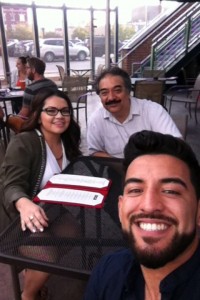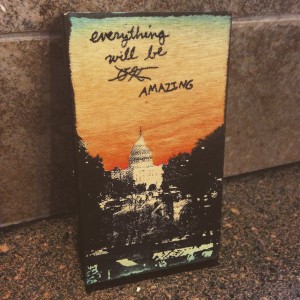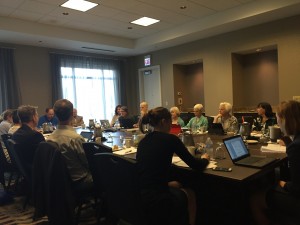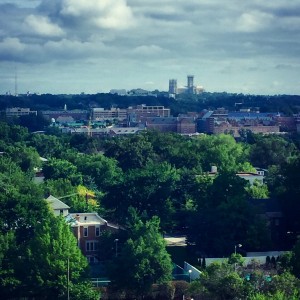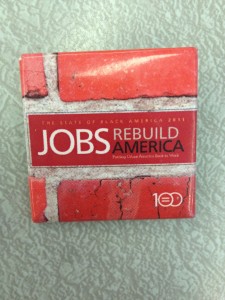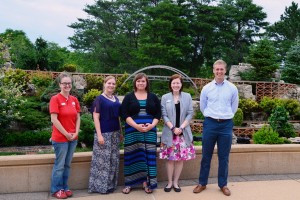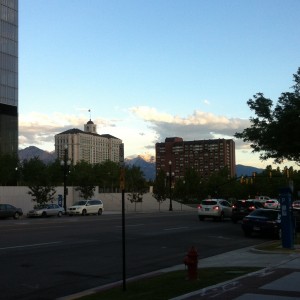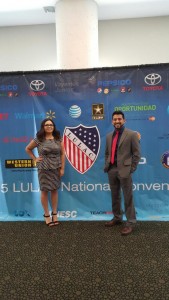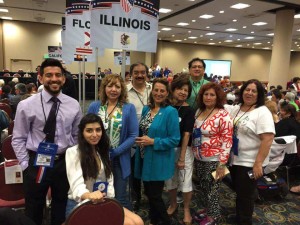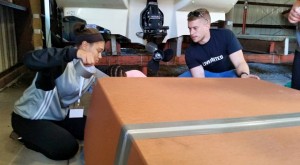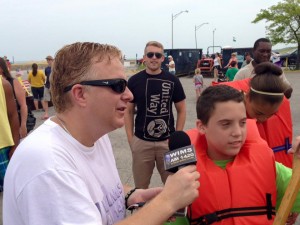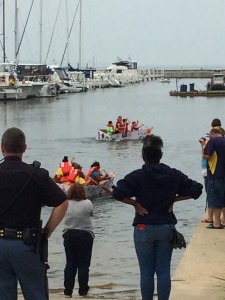What do you want to be when you grow up? This question rings through the days of childhood and is littered with the hopeful responses of “doctor”, “fireman”, “teacher”, “astronaut” – all things big, bold, and exciting, with the promise of a new adventure around every turn. I personally aspired to sing and act on Broadway…a dream that was somehow transformed into the world of health care. I suppose that dancing on stage and “dancing” into a patient’s room are one in the same, right?
What are your plans after graduation? Similar to the question presented in childhood, this question is also saturated with curiosity, hope, promise, and adventure. It can be daunting when faced with the prospect of formulating a response that meets the expectations of the asker. One may feel as if their path of study is a step towards life changing work, or at least the fulfillment of a personal passion that will also pay the bills, until met with the response of “oh…that’s nice…and what do you plan to do with that?”
Having embarked on a path towards nursing, I cannot say that I have ever received the aforementioned response when sharing my career choice. Instead, I am often greeted with comments of approval, head nods, and smiles. It is invigorating to have found a profession that I am passionate about and proud of, one that seeks to serve in a multitude of ways.
But the question still remains, is this my calling? Is this my purpose?
During my fellowship at National Lutheran Communities and Services I was surrounded by an array of intelligent and impressive people who each possessed a contagious passion for the mission and ministry of the organization. Each staff member was equipped with a unique set of gifts and traits that enabled them to contribute to the service of our communities and beyond. It was here that I 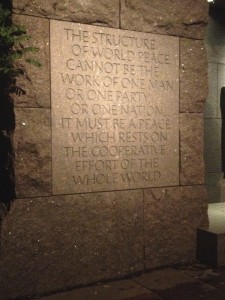 observed the beauty that is found in the convergence of differences, of the powerful things that can happen when individuals learn to share their talents and rely upon those of others as well, acknowledging that no one person has all that is needed to complete the mission – be of an organization, or in life.
observed the beauty that is found in the convergence of differences, of the powerful things that can happen when individuals learn to share their talents and rely upon those of others as well, acknowledging that no one person has all that is needed to complete the mission – be of an organization, or in life.
It was here too, that I was reminded of the multifaceted layers of all people. Our Chief Philanthropy Officer is an avid angler, and a great sports fan. Our Chief Financial Officer has a passion for 80s music and singing through the halls. Our Chief Strategy Officer is most at home at sea, and can often be found sporting a colorful bow tie that relates to his love of the water. At first, some were surprised to learn of these characteristics, amazed that a lawyer would be found knee deep in waders, or that an accountant could possibly have an upbeat personality. And yet these enjoyed pastimes are only glimpses into the entirety of the people who became my family for the summer, mere glances at the intricacies that compose the ones who invested in my life and taught me more than I could have ever imagined.
Just as we have a tendency to silo off the abilities of the people we meet, I believe that we have the tendency to isolate the definition of one’s calling or purpose. It can be so easy to categorize – he is a researcher, she is a sales clerk, he is an artist – all the while failing to realize that who the person is, and the way in which they influence others, extends beyond far more than the title of one’s profession.
Yes, it is true that I hope to gain the title of a nurse. I also hope to invest deeper into health and human rights policy and work in population health. But these ambitions are specific directives. They themselves are not the overarching calling or purpose of my life.
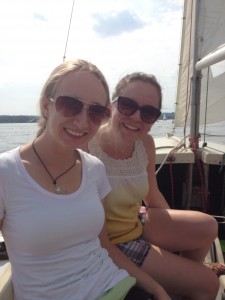
Discovering the joys of sailing with my summer family.
This summer has helped me to see that calling and purpose are not static concepts. Rather, they are fluid, and will change and grow as does my life and understanding of it.
While I hesitate to assert a specific calling over my life, such as a calling to a career, I do believe that there are core aspects of my calling and purpose that will always remain, even if the expression of them changes. Three of theses characteristics were made evident this summer as I was enveloped in an atmosphere of stewardship, community, and life-long learning.
Regardless of where I may be or what I may be doing, I will always be called to be a steward of the time, talent, resources, and relationships that I have been given by God. All of life is a gift, and as such, the calling follows to make good of what I have been given, to be responsible in all that is placed before me and around me. The circumstances will change but the responsibility will remain that all of my life may bring glory and praise to God.
Following in this is the call to community – to live in community, to create community, to recognize the community around me. The summer has been filled with reminders that who I am is a compilation of the countless individuals who have had an influence in my life, both positively and negatively. It is impossible to claim sole responsibility for any aspect of my life. Rather, each step that I take is one linked to community, the communities I am a part of, and the communities I will help to create. Our calling is embedded within the network of human relationships, and the community that I found at National Lutheran Communities and Services helped to reiterate the incredible things that can be done in a supportive, empowering, and loving community.
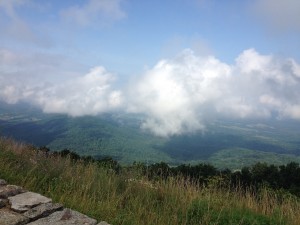
Breathtaking views of the Appalachians
Finally, I believe there is a call to life-long learning. To claim complete knowledge is an impeding arrogance that will prove destructive in any endeavor. NLCS taught me the value of admitting ignorance, of pursuing curiosity, of recognizing that there are endless opportunities to learn, and individuals to learn from. A life of constant learning creates a forward momentum that is contagious and dangerous – dangerous in the endless possibilities that await.
The questions of life will always continue. After graduation the queries will shift into that of what do you do? What is your vocation? While I will never have a concrete answer as to what my calling and purpose in life is, my fellowship this summer helped to reveal that such an answer is not required. My calling and purpose will always be fluid, carried forward by dynamic and overarching traits for which I am responsible. The questions will change, but so too will the answers. And for this, I could not be more grateful.
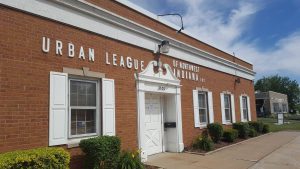
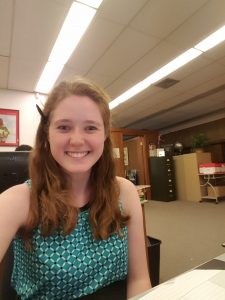
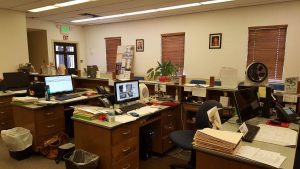
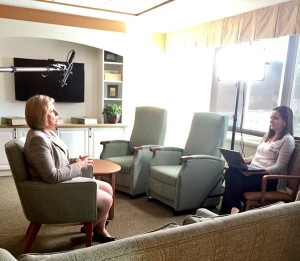
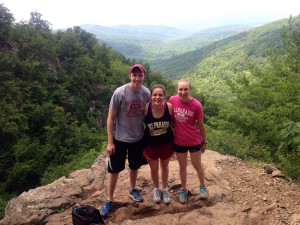
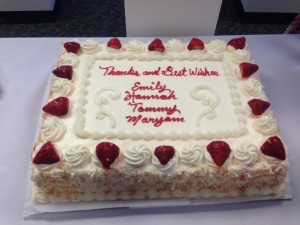
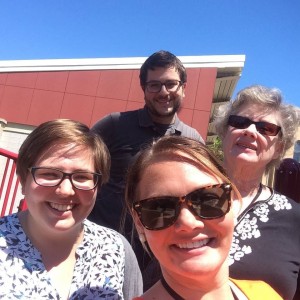
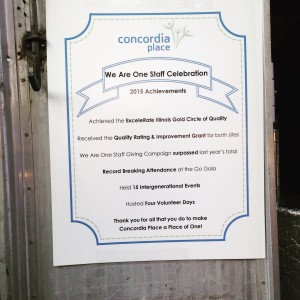


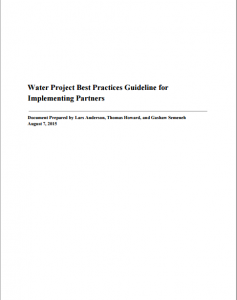
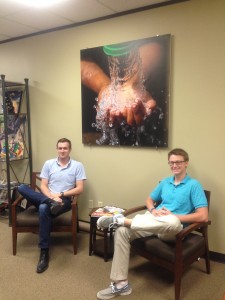



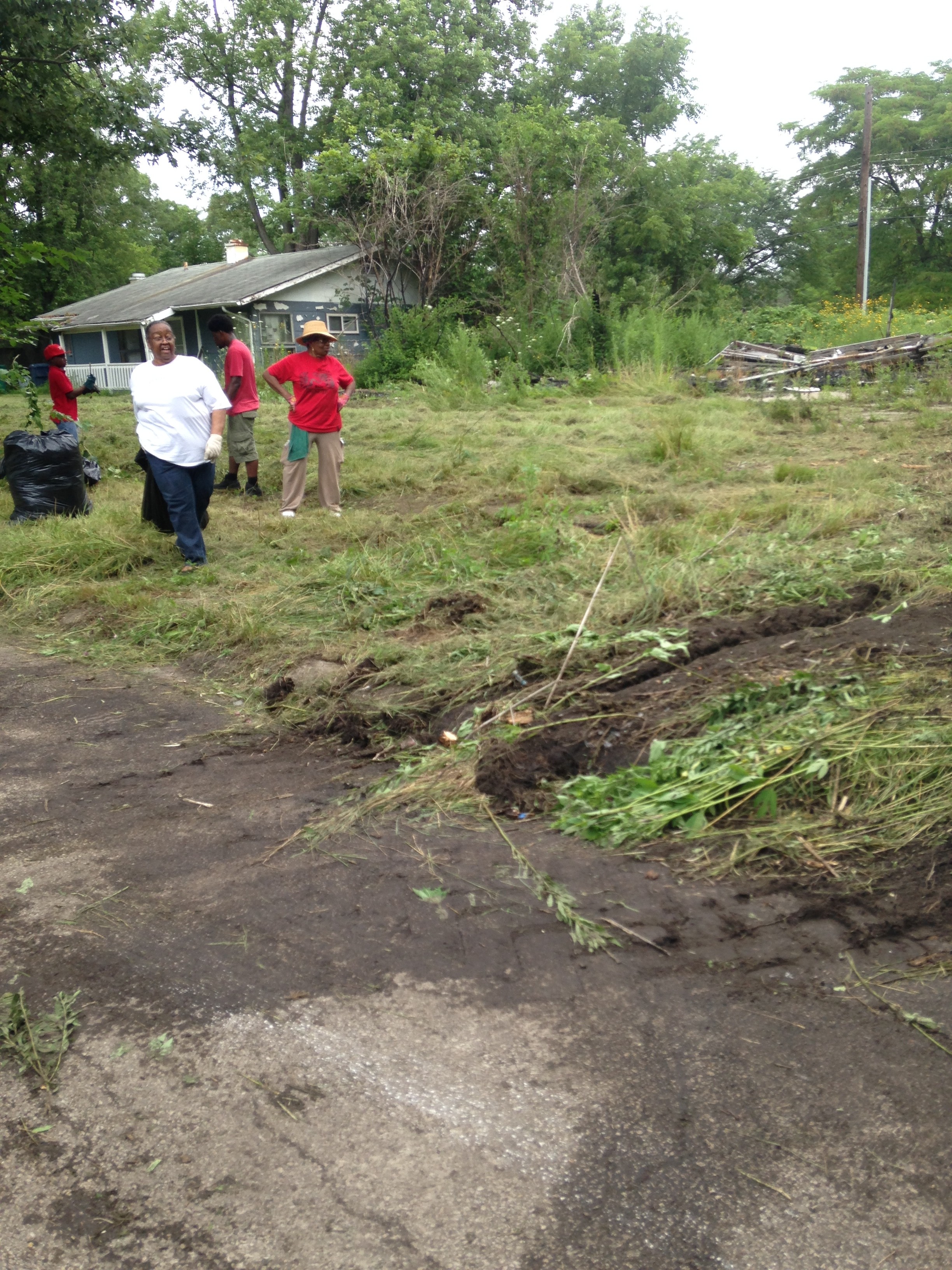
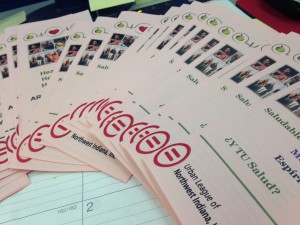
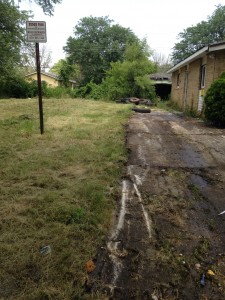
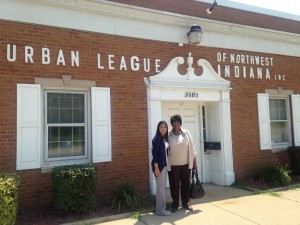
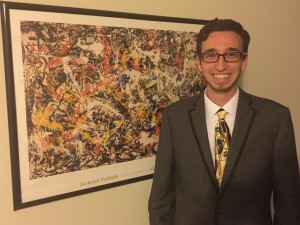
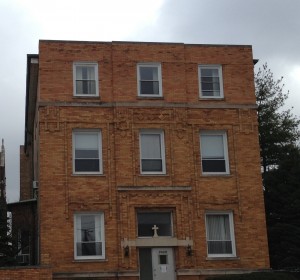
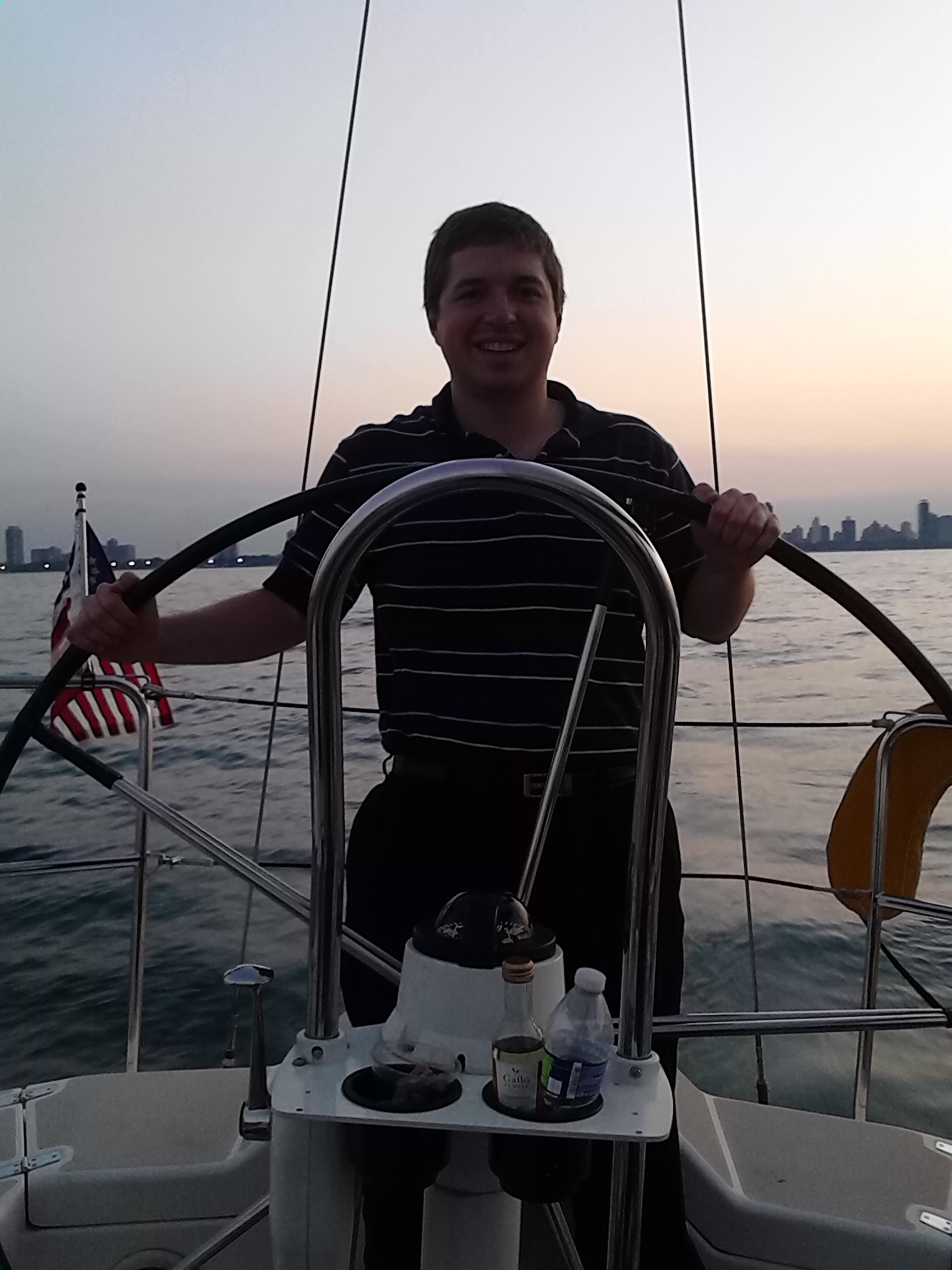
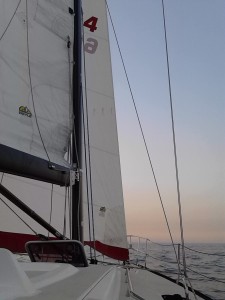
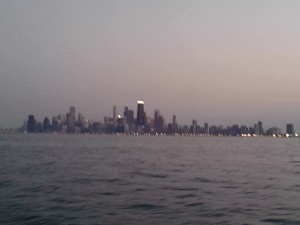

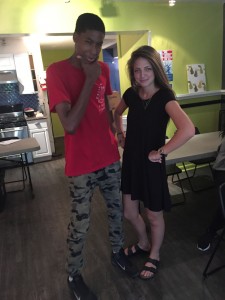
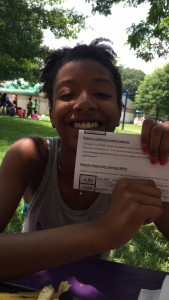
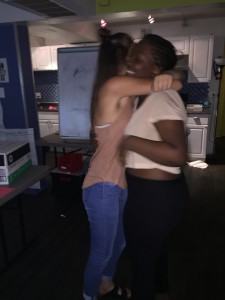
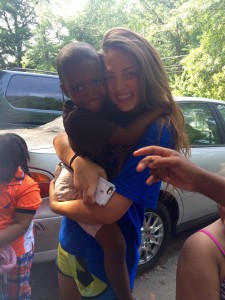
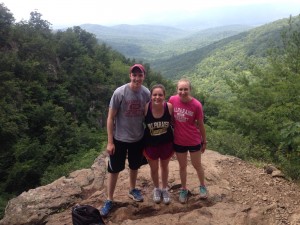 portance and worth than the résumé virtues. Yet, I know that I focus more time on my résumé virtues and developing those than my eulogy virtues. I also believe our education system and society put a greater emphasis on those résumé virtues.
portance and worth than the résumé virtues. Yet, I know that I focus more time on my résumé virtues and developing those than my eulogy virtues. I also believe our education system and society put a greater emphasis on those résumé virtues.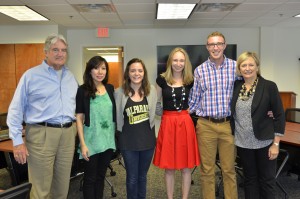 e tone in which it was said, still resonated with me. Throughout our summer in Rockville we were treated to numerous meals, a Nationals baseball game, we were taken sailing on the Potomac River, the CFO took three hours out of his day to speak to us about accounting and finance, we witnessed a board meeting, and more importantly than all of those events, we worked everyday with people that were always ready and willing to humbly share their wisdom. Of course they went above and beyond.
e tone in which it was said, still resonated with me. Throughout our summer in Rockville we were treated to numerous meals, a Nationals baseball game, we were taken sailing on the Potomac River, the CFO took three hours out of his day to speak to us about accounting and finance, we witnessed a board meeting, and more importantly than all of those events, we worked everyday with people that were always ready and willing to humbly share their wisdom. Of course they went above and beyond.